Latino audiences are more likely to receive, consume and share fake news and misinformation online compared to the general population, a new Nielsen report on U.S. Latinos shows.
The data and information firm looked at a subset of the top 100 U.S. news sites across the political spectrum, including some Spanish-language sites, in which at least 20 percent of their reach came from Latino audiences over the past year. Over that time period, 28 percent of the content presented to Latinos contained content flagged as mixed, biased, extremely biased, conspiracy or pseudoscience.
“That’s a big number,” Stacie de Armas, senior vice president of diverse insights at Nielsen, told NBC News on Tuesday.
“It means that websites that have a higher composition of Latinos in their consumption audience had more presentation of content that fell within” the aforementioned categories, she said. “So essentially, if you’re white, your chances are lower of seeing that kind of content than if you’re Hispanic.”
Young Hispanics ages 18-34 are more than twice as likely than the general population to use WhatsApp and Telegram, according to Nielsen. “Misinformation poses a threat to Hispanics, who are particularly vulnerable due to a greater reliance on social media and messaging platforms,” the report published Friday reads.
“When information is shared on these networks,” de Armas said, “it can be amplified in a way that doesn’t get the opportunity to get a fact-check because they’re in encrypted, private messaging apps versus in traditional social media.”
“And our community has suffered as a result. We see that in vaccine hesitancy and misinformation,” she said.
Nielsen’s report found that Latinos are avid users of encrypted social messaging platforms, as well as others such as Instagram and Discord “because of the trust and intimacy they offer.”
WhatsApp is used around the world by people to communicate for free, and is popular among U.S. Latinos who use it to keep in touch with their relatives in Latin America.
“We’ve underestimated the importance of these encrypted messaging tools for connecting,” de Armas said. But this digital consumption behavior puts Latino communities in a particularly vulnerable spot when it comes to access to truthful information.
Latinos spend more time with almost all social media apps and messaging services, including Twitter, a platform 30 percent of Latinos ages 18-34 use, according to Nielsen.

